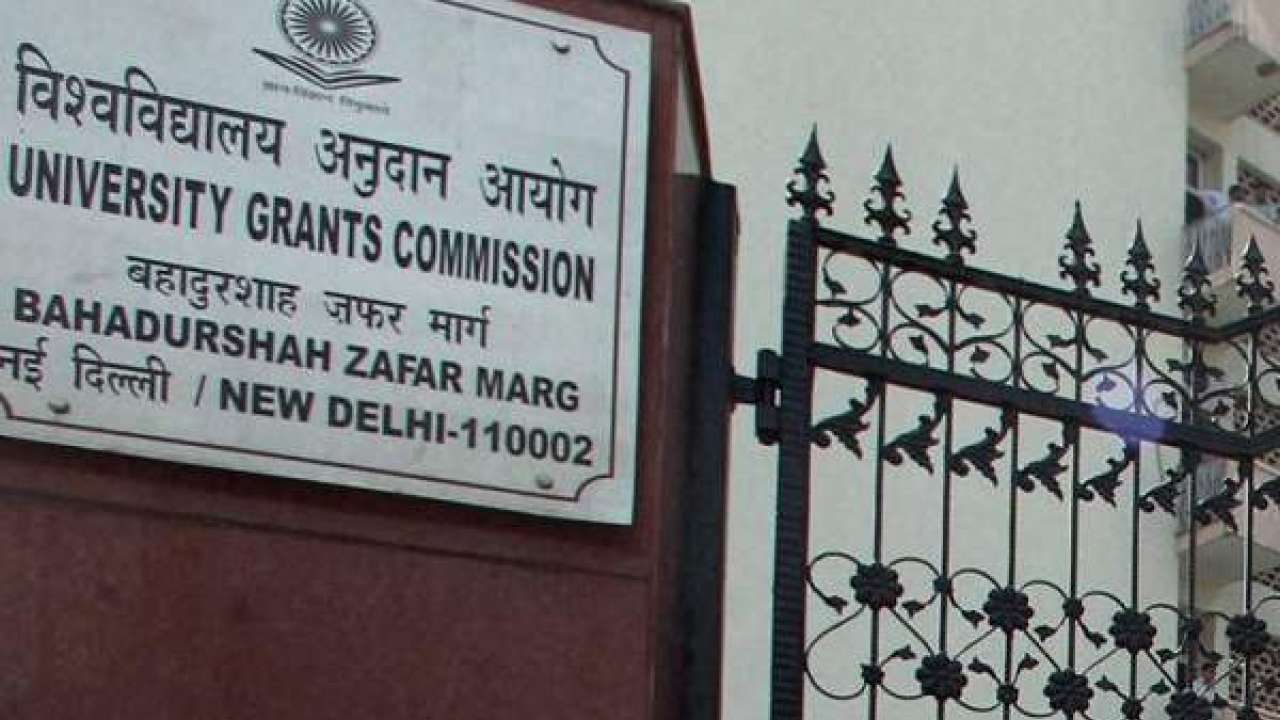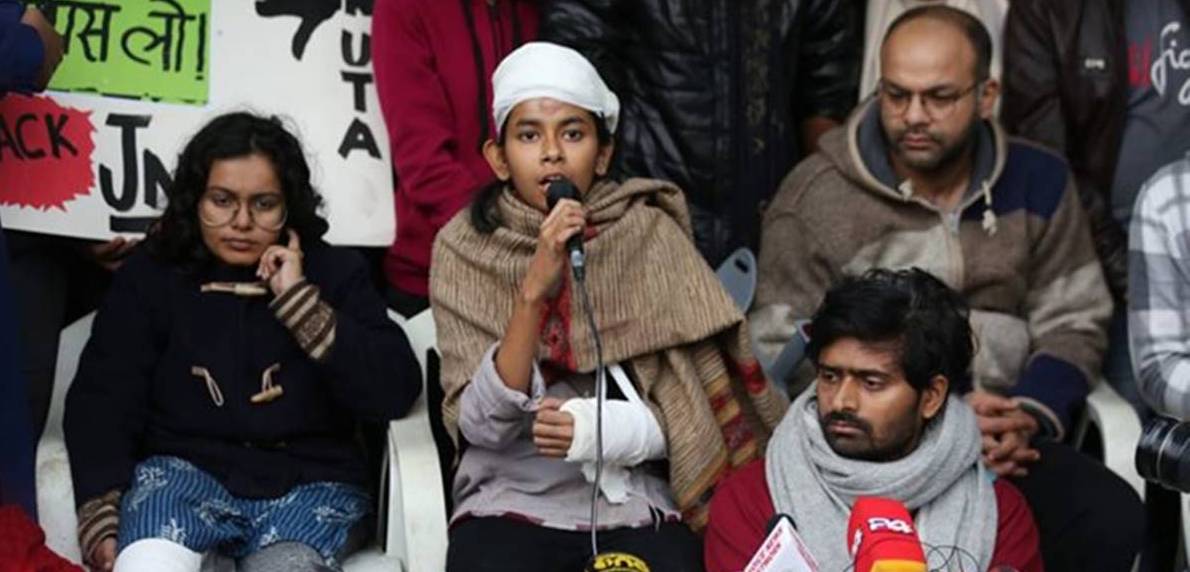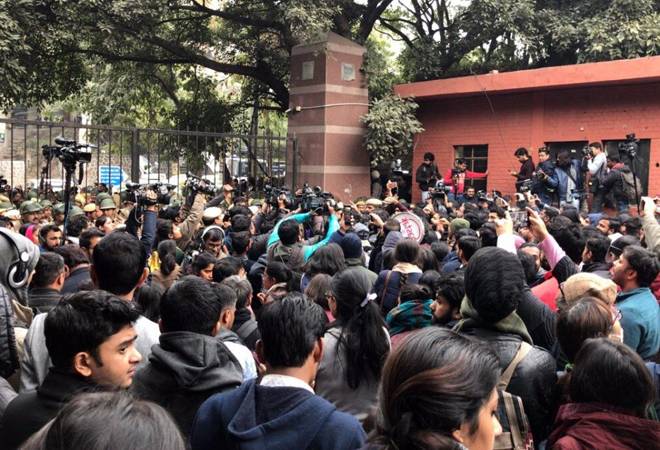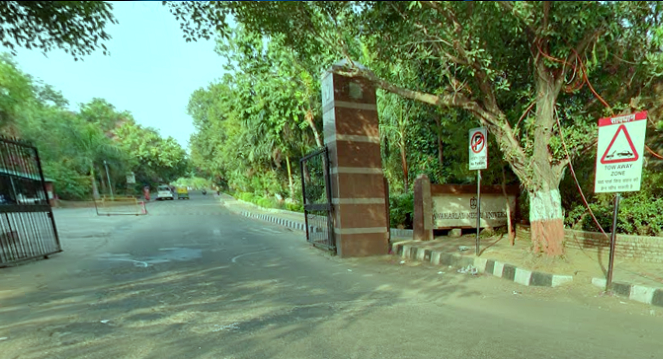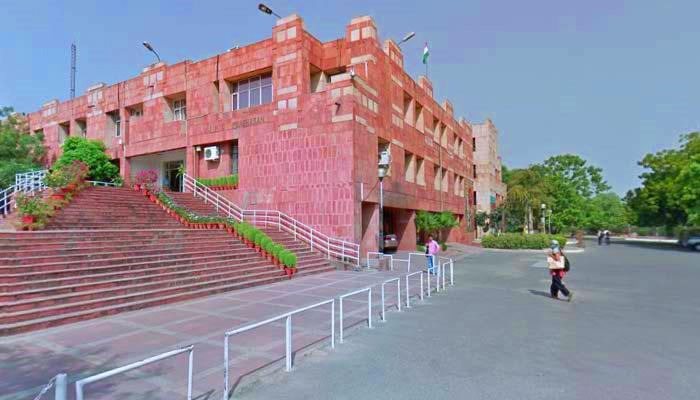JNU as a university has nurtured generations of students from marginalised communities. Will bureaucratic aloofness bring forward a sustained challenge before the prospects of higher education?
Ankita Chatterjee is Research Scholar in CSSS / JNU, New Delhi.
A spectre is haunting the public universities in India. The spectres of privatization and this time in the name of autonomy, the dominant forces have consolidated their power to impose it at the expense of social justice.
The deprivation points that I got as a woman helped me to enter into an inclusive space of Jawaharlal Nehru University. The university has an understanding of the intersectionality of marginalisation. Reservation and deprivation points are given to women, differently- abled students and those hailing from backward regions. I have been enamoured by the diversity of people who came with their own ‘generative terms’ of marginalisation and praxis and the dialogical nature of classrooms and university spaces that helps in the surpassing of the boundedness of one’s social position. The public university is not based on the acquisition of marketable skills but should enable the knowledge of many groups and their experiences into the world of academia and counter the classical Eurocentric and Brahminical knowledges that have been the foundation for the majority of the social science subjects.

In the recent years, we are seeing the dissolution of reservation, deprivation points, and funds in many universities. The ongoing strike in the Tata Institute of Social Science against the withdrawal of scholarships from students and fee hike, the struggle of women in the Assam University, the central university of Tamil Nadu and Orissa are all fighting for the basic rights of adequate infrastructure, funds and a safe and inclusive space for women and other marginalised groups. The infrastructural deficit along with the culture of fear and shaming instilled in many public institutions, repetitive proctored enquiry of student protesters, shielding of sexual harassers, blaming the female students, taking away scholarships is dissolving the sense of belonging that is important for students to develop with their universities for an enriched experience and fruitful research. The university is increasingly perceived as a body of administrative rules that stand apart and against the welfare of the students, alienating the marginalised section even more.
The university has become a place where most of the students are going through ontological insecurity. The insecurity has culminated into a kind of anxiety about the uncertainty of one’s continuation of education because of seat cuts and fee hike. The strike continues, banners to stop scuttling of reservation are put up, some students keep counting the days in anticipation for a solution but the vice chancellor refuses to meet his students. There is information being exchanged on social media by both the students and the VC but no interaction between them take place even when they both inhabit the same space of the university. The instalment of CCTV cameras indeed make the university a place of surveillance where like the panoptican, the Vice Chancellor enables surveillance on his students without being visible. The social media becomes a tool for reactionary and counter expression without any effort to interact with the students. The various posts made by the vice chancellors are disconnected with the current mood and the anxiety of the student protests and their demands.
My conversation with one student left me in anguish. He comes from a village in Orissa, while participating in the protests for social justice, told me that he has to be answerable to his community people. After he came to JNU, he persuaded many of his people to send their children to this university because of the presence of many students from marginalised background, the new students from his village will not feel alienated as if steepening into an Agrahara. Thinking about giving back to the community comes from the lived experiences and suffering of a group where education is not seen an individual enterprise but on the contrary a collective sharing.
The images and writings of Karl Marx, Rosa Luxemberg, B. R Ambedkar, Savitribhai Phule Jotiba Phule, Birsa Munda, Bhagat Singh, and Sahid Hazmi on the walls of the university come alive in these moments when we are witnessing one of the gravest injustices taking place. Their deeds and writings start resonating with the current crisis. The government needs to be perceptive to the aspirations of many people who see education as their right and source of emancipation. Privatization would only lead to the exclusion of many from the aspiration of dignity and a better life. It is time for the administrators to leave their Agraharas and their exclusive tool of communication and inhabit the same space as the students do, share their aspirations and insecurities engage in an embodied understanding of the student protests. The protests demand safe spaces for women without submitting to the authority and hierarchy when seeking justice and forcing many into silencing. As one of the slogans succinctly puts it that the students are not begging but demanding our rights, rights to live with dignity and security.
ALSO READ:
Aakash Ganguly on Mandatory Attendance and the Violation of the JNU Spirit
Kavita Chatturvedi asks JNU Vice-Chancellor: Are You Listening?
Amit Joshi urges to Endangered J.N.U. in the Era of Ideological Witch-Hunting


